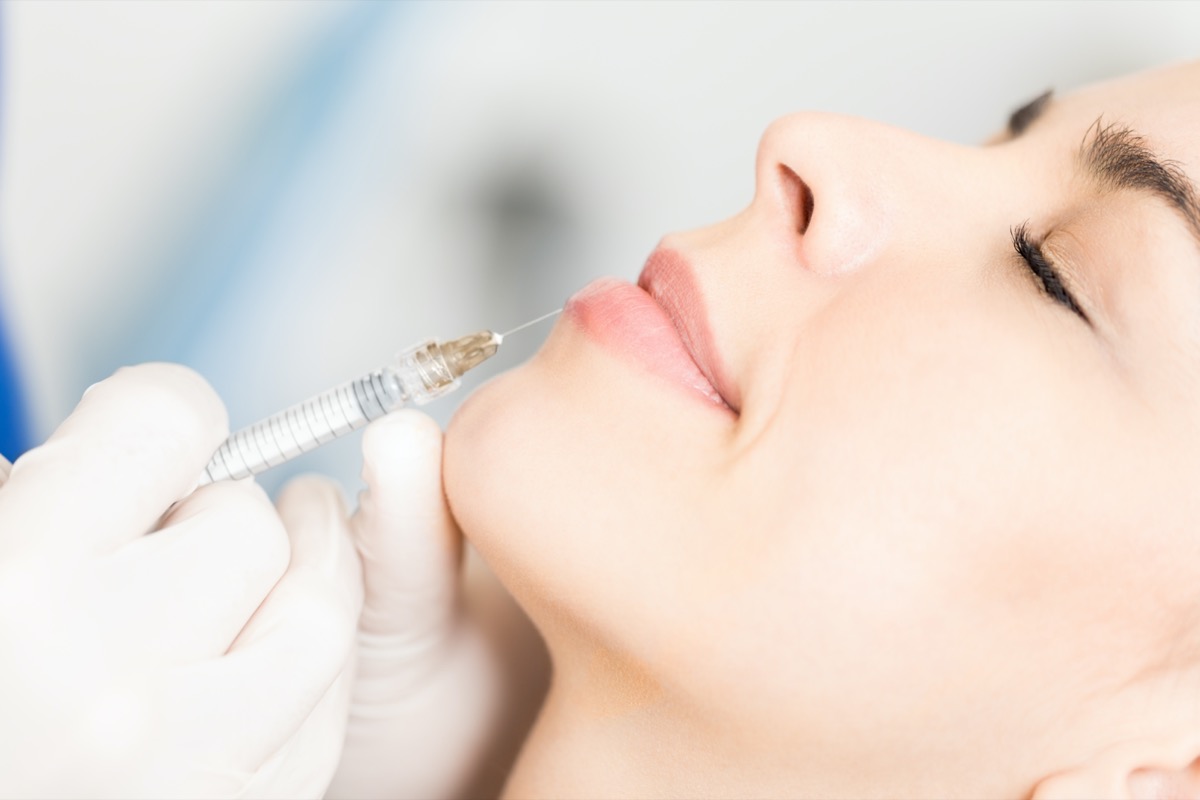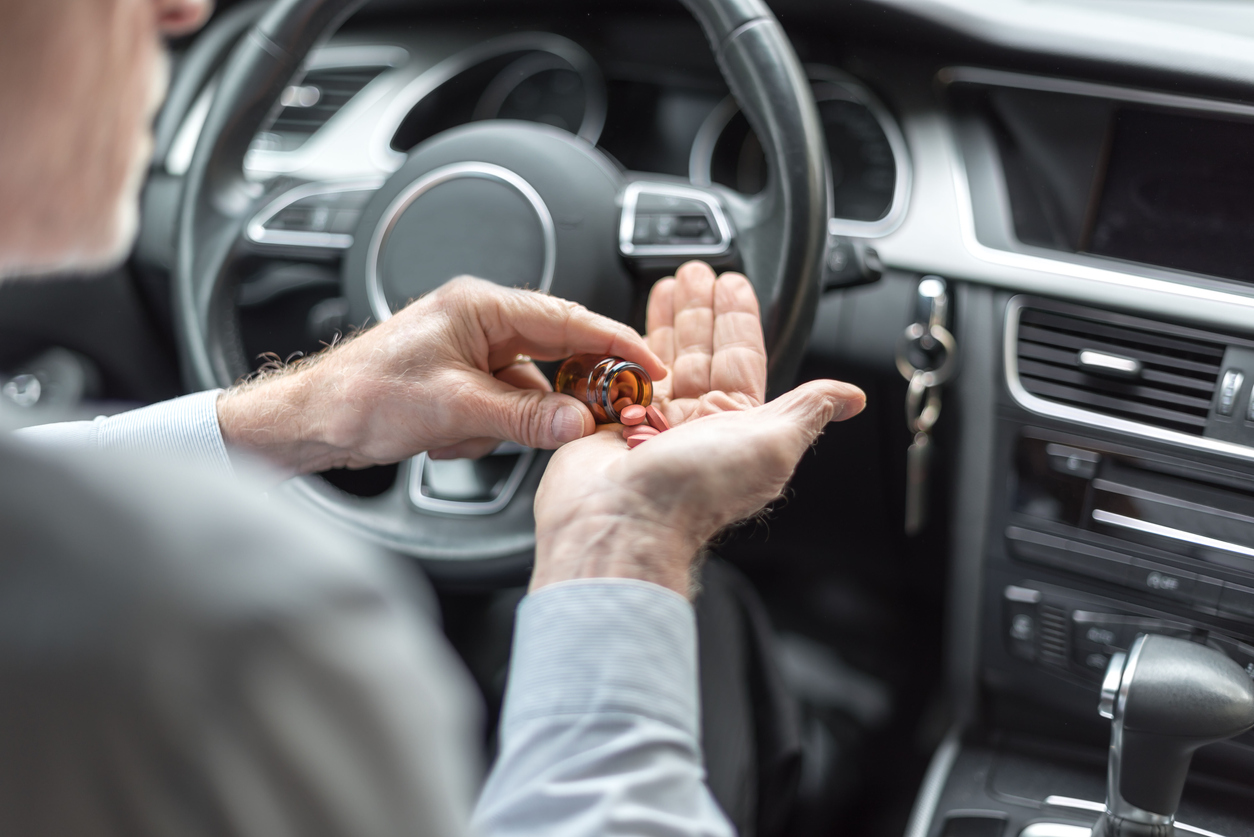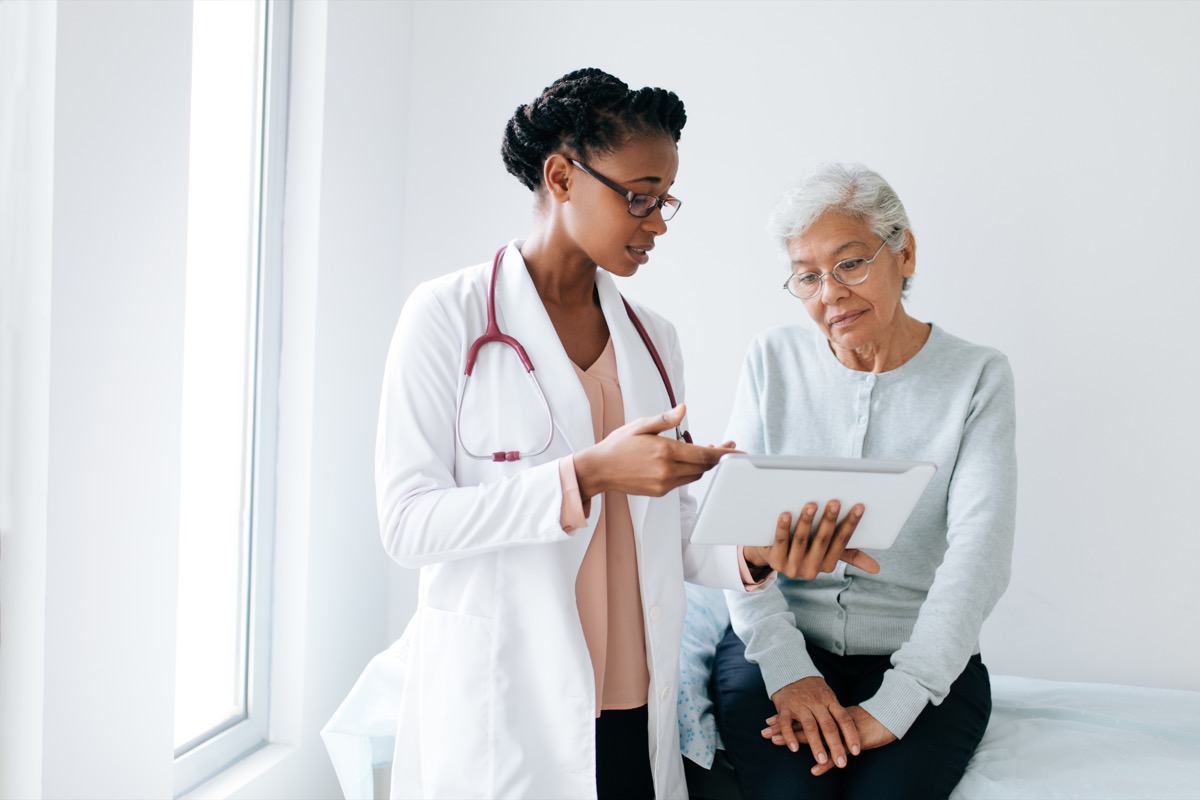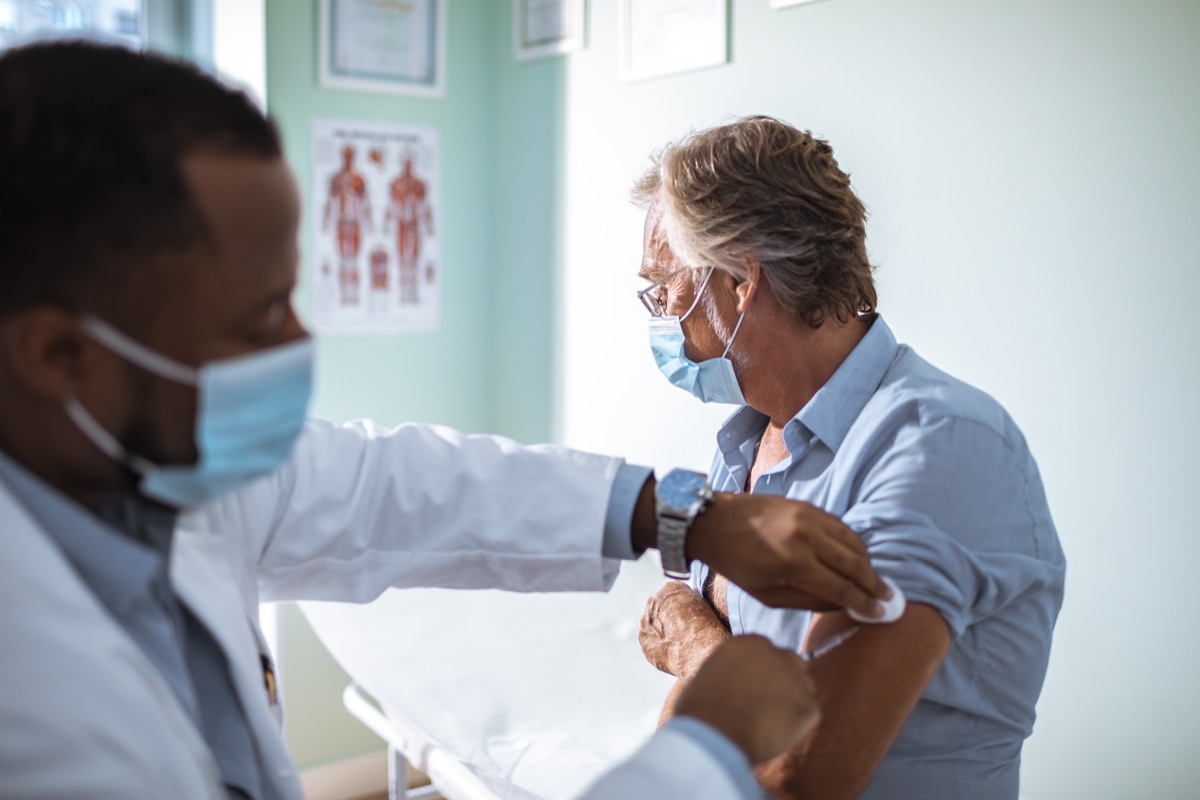A Jan. 2021 paper to be published in Perspectives on Psychological Science reveals that two common conditions—depression and stress—can blunt a person’s immune response to the COVID vaccine, potentially leading to shortened immunity to the virus. However, the Ohio State University researchers who authored the paper also found that two activities led to increased immune response, even among those with conditions that might otherwise have a detrimental effect on their long-term immunity: sleep and exercise. “It’s possible to do some simple things to maximize the vaccine’s initial effectiveness,” explained Janice Kiecolt-Glaser, a senior author on the paper and director of the Institute for Behavioral Medicine Research at the Ohio State University. The paper’s authors recommend that anyone who plans to get the vaccine should make sure to get adequate sleep the night before receiving their shot and engage in vigorous exercise in the 24-hour period prior, as well. “Good sleep hygiene has been linked to the generation of a successful response for other vaccines, including Influenza, as well as Hepatitis A and B,” Spencer Kroll, MD, PhD, a board-certified internal medicine specialist and director of the Northeast Lipid Association, tells Best Life. “Sleep loss is linked to fluctuations in immune processes important to producing antibodies. Sleep deprivation may cause an unhealthy fluctuation in the number specific cells needed for generating antibody production,” says Kroll. Similarly, getting active in the time period leading up to your COVID shot can help bolster your immunity after the vaccine. “Returning to a healthy lifestyle filled with cardio aerobic exercise, better food choices, and more sleep will help patients succeed in generating more vigorous immune responses—both to fighting possible COVID-19 infection and generating a healthy protective immune response to vaccination,” Kroll explains. While you may be able to increase the effectiveness of your vaccine, there are a wide variety of activities that could increase your risk of a reaction, too. Read on to discover what could interfere with your COVID vaccine. And if you’re eager to get vaccinated, know that These Are the Side Effects of the New Johnson & Johnson Vaccine.ae0fcc31ae342fd3a1346ebb1f342fcb Read the original article on Best Life. If you’ve been thinking of getting dermal fillers, you might want to hold off on doing so until after you’ve been vaccinated. According to a Dec. 17 report from the Food and Drug Administration (FDA) presented at the Vaccines and Related Biological Products Advisory Committee Meeting, two people who’d had dermal fillers prior to getting their COVID vaccine—one two weeks prior and one six months prior—experienced facial swelling after their shots. And for information on staying safe from the new strain, check out Stop Doing This Immediately to Avoid the New COVID Strain, Doctors Warn. Taking preemptive painkillers before your vaccine could be a major mistake, experts say. According to researchers at the University of California Irvine, “taking over-the-counter medications such as acetaminophen and ibuprofen before receiving a COVID vaccine may reduce its ability to work and blunt your immune response to the vaccine.” And for the latest on the spread of coronavirus in the U.S., The Moderna CEO Just Made This Scary Prediction About COVID. If you have an allergy to polyethylene glycol (PEG), you should talk to your doctor to ensure you’re getting a vaccine that won’t trigger an allergic reaction. Specifically, this likely means the Pfizer vaccine is off the table. “The Pfizer-BioNTech COVID-19 vaccine should not be administered to individuals with a known history of a severe allergic reaction to polyethylene glycol (PEG), as it is a component of this vaccine that is known to cause anaphylaxis,” the American College of Allergy, Asthma and Immunology (ACAAI) COVID-19 Vaccine Task Force said in a Dec. 14 statement. And for more COVID news sent straight to your inbox, sign up for our daily newsletter. If you had a bad reaction to your initial dose of the COVID vaccine, you should talk to your doctor before signing up for your second shot. According to Peter Marks, MD, director of the FDA’s Center for Biologics Evaluation and Research, the only reasons to avoid getting a second dose of the vaccine would be known allergies to the COVID vaccine’s ingredients “or if you had a bad allergic reaction to the first shot.” And if you want to know if you’re particularly vulnerable to the virus, The CDC Says If You’re This Age, You’re Now More Likely to Catch COVID.



